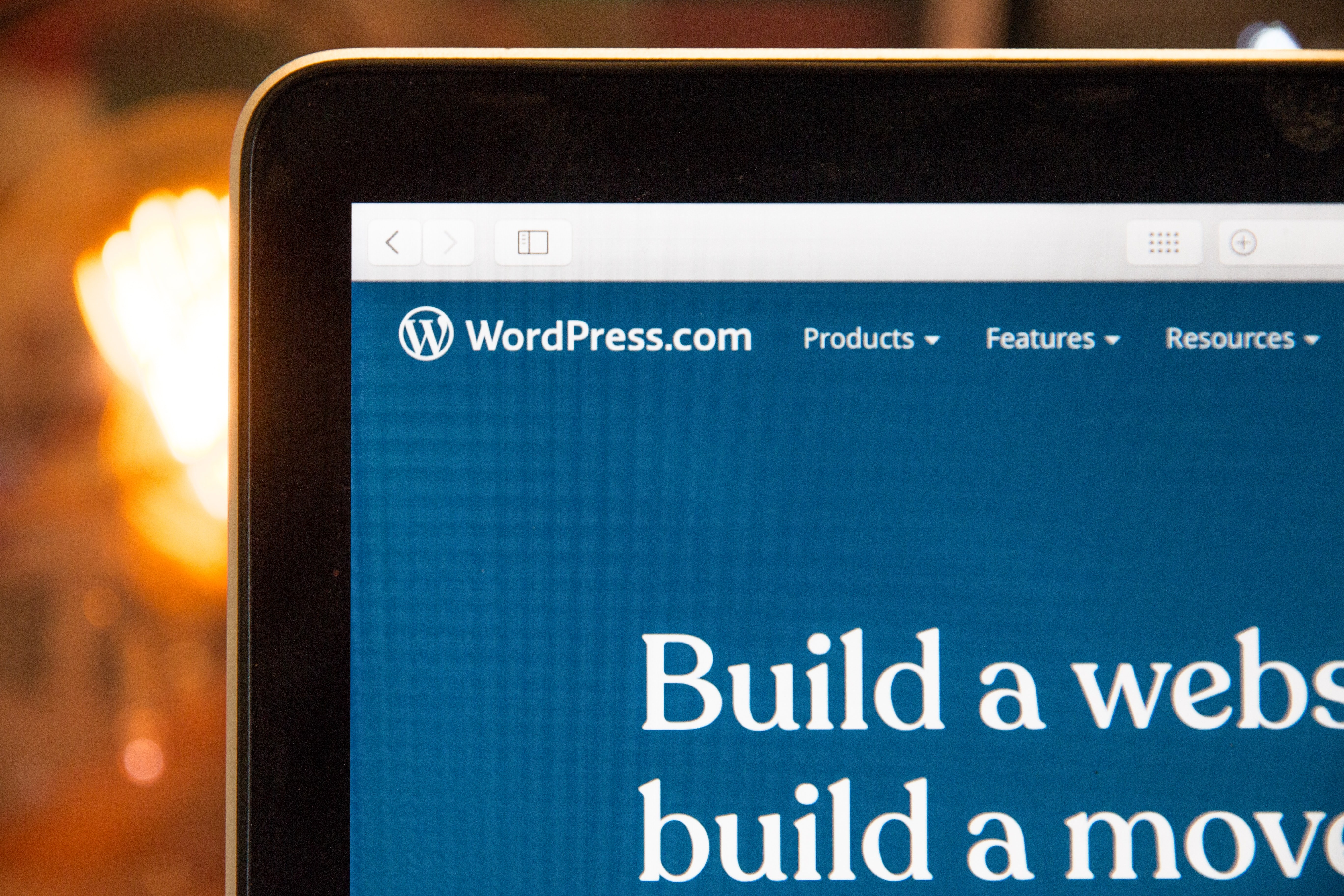9 Types of Web Applications & What They’re Used For

When most people hear the term “web application”, they think of applications made for mobile devices. Did you know that web application is actually defined as “an online application that a regular user interacts with via an installed browser?” Many of the largest companies in the country use web applications as their primary method to interact with their customers. But how do we know what type of web application is best for our business? Let’s review the differences and use cases for each.
Static Web Apps
Static web apps appear to users the same way they are stored on a server, so there is very little customization or interaction. Basically, static web apps are not flexible and the content does not change for users. The upside of static web apps is that they are easy to host and build, have a low development cost, and are fast to transfer on slower internet connections.

The Different Types of Dynamic Web Applications
Dynamic web apps use various types of languages such as Node.js, Ruby on Rails, jQuery, HTML, CSS, PHP, Perl, Python, etc. These apps fetch data in real-time based on the users’ requests, so the content is more personalized for the users.
Single-page Web Apps
Single-page applications run entirely within a browser, so there is no page loading required. The logic for single-page applications is directly implemented in the web browser rather than the server, so these applications are faster compared to traditional web applications.
Multi-page Web Apps
A multi-page web application includes more than one page. The whole page reloads whenever a user navigates to a different page. For example, when you shop on Amazon, you are using a multi-page web app. Each time you click on a product, the web app redirects you to a new page. Then when you click on the buy button, you’re redirected to a checkout page to finalize your order. Other examples include companies like Google Docs, Trello and any companies that allow their users to interact with the application in multiple ways.
Portal Web Apps
A portal web app is a type of web application that unites data from different sources like emails, online forums, systems, and search engines. This includes client portals, patient portals, and education university apps for both students and teachers.
Rich Internet Web Apps
Rich Internet Applications actually have several functionalities similar to desktop applications. RIAs are used to resolve browser restrictions and depend on user-side plugins such as Flash, Shockwave, and Silverlight. These apps are known to run efficiently and can be very engaging. Rich internet apps can provide a great, customized user experience as well as a higher level of interactivity compared to traditional browser applications. There are a few problems relating to RIAs though, including some vulnerabilities and inconveniences that can occur. For instance, if a user-side plugin is outdated or discontinued, then parts of the app, or perhaps the entire app, will not work properly.
Animated Web Apps
An animated web app is an application that supports animation and synchronization on a web platform, usually written in HTML5, JavaScript, CSS, FLASH, and SVG.
CMS (Content Management System)
Progressive web applications use the latest APIs (Application Programming Interface), features, and enhancement methods so the user experience is like a native mobile app. These apps are commonly built with web languages like HTML, CSS, and JavaScript. Progressive web apps are used because they enhance the speed and adaptability of web applications.
Ecommerce Web Apps
An application that allows users to buy or sell goods online is called an e-commerce web app. Users can exchange funds electronically and integrate with systems that handle inventory management and supply chain / logistics.
Choosing the Best Web App Option for Your Company
The web application type you choose for your company will be dependent on your business needs and goals. It’s also common for multiple types of applications to be used together as an optimal solution. If you have any questions about web applications and how that can help to improve multiple aspects of your business, just give us a call. We’re happy to help in any way we can!
